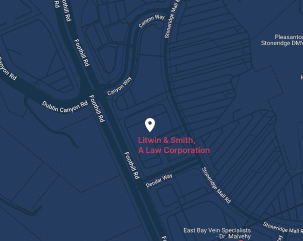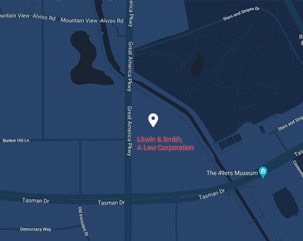Some individuals who come into the United States do so through an employer. The labor certification for which employers can apply enables them to bring people into the country to fill jobs. The program is overseen by the Department of Labor.
The DOL handles the labor certification process to ensure that the people coming into the U.S. aren’t going to take jobs from citizens here. It also looks into whether hiring the foreign worker is going to have a negative impact on working conditions or wages. If it will, the labor certification won’t be issued.
Labor certification isn’t always required
Not all permanent worker preference categories require an employer to have a labor certification. The certification is required for all third preference EB-3 workers. These are professional, skilled workers and some other workers who don’t fall into the other categories.
Sometimes, a labor certification is required for the second preference EB-2 visa. The exception is if the application has a national interest waiver. Members of this group are people who have exceptional abilities in the sciences, arts or business. It also includes people who have advanced degrees.
Purpose of labor certifications
The labor certification requirement for some visas ensures that the immigrants have a job when they make it to this country. Each fiscal year, there are approximately 140,000 worker visas available in this country that are based on the applicant’s job skills. These cover the worker, their spouse and their minor children.
Visas without labor certification
There are three types of employment visas that don’t require a labor certification. These include the EB-5, or fifth preference, which is reserved for people who are investing large sums into the business sector in this country in order to bring jobs to the area.
The fourth preference category, EB-4, is reserved for people who are considered special immigrants, such as religious workers, international organization retirees, U.S. foreign service post employees and some minors who meet specific classifications.
Navigating through the immigration laws in this country can be challenging, especially with the fluid state of them now. Finding out how to handle your petition can ensure that you are taking the critical steps. No matter what type of petition you are filing in California, make sure that you are being honest since any omissions or misstatements can have a negative impact on the results.

